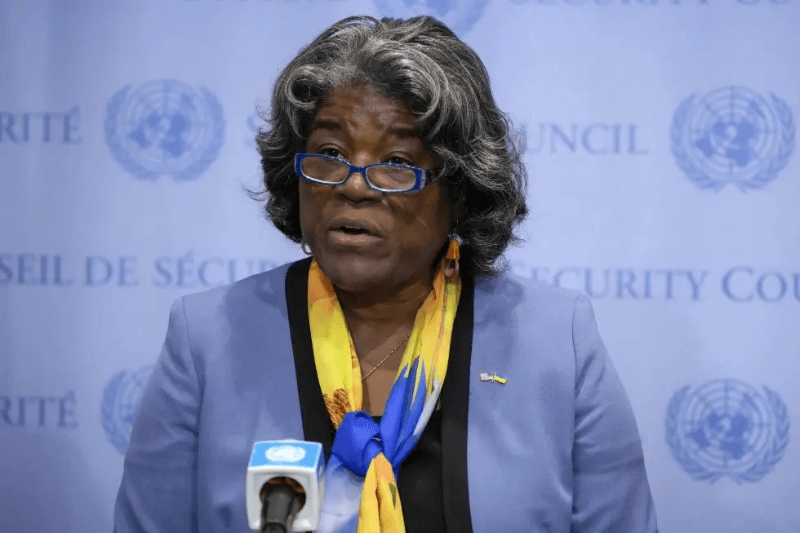The United States has declared support for the addition of two new permanent seats for African countries on the U.N. Security Council and a new non-permanent seat for small island developing nations. This was made known by the U.S. Ambassador to the U.N., Linda Thomas-Greenfield, in a speech at the Council on Foreign Relations.
This comes after U.S. President Joe Biden had in the past supported the expansion of the Security Council to improve the inclusion of Africa in international peace and security matters. Africa has three non-permanent seats but, according to Thomas-Greenfield, it is not representative enough for African countries to bring full knowledge and voice.
Beyond the two permanent seats for Africa, Thomas-Greenfield made clear that the U.S. would support an additional non-permanent seat for Small Island Nations, which she said represents more than 1,000 islands and 65 million people. These countries bring very important perspectives into global issues, such as climate change.
The United States, however, still opposes giving the African permanent seats the veto, as it says that system has caused dysfunction in the Security Council-a dynamic most recently seen in the Russian vetoes on the war in Ukraine and American support for Israel in Gaza.
Keep Reading
While much of the world agrees on an expansion of the Security Council, a lot of disagreement reigns on how that should be done. The council, as established in 1945, consists of five permanent members – the U.S., Russia, China, Britain and France – with veto power, and ten non-permanent members who are elected to two-year terms. The effort to reform the council began in 1979, with demands continuing to this day for greater representation.
Even as reform remains convoluted, the U.S. is ready to develop a resolution toward reform of the Security Council, while some member states argue that consensus must be complete before it proceeds.

